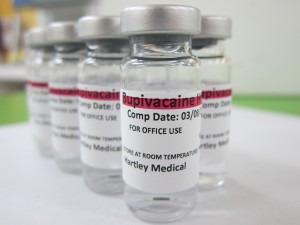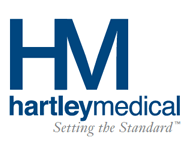 Since 2005, the number of shortage drugs has increased nearly 300 percent.[1] More than half of these drugs are considered critical ““ meaning they have no alternative ““ and anesthetics and oncological drugs are among the most common in short supply. But how did it get to this point? According to a report by the House Oversight Committee, the FDA, the same agency assigned to dealing with shortages, is partially to blame.
Since 2005, the number of shortage drugs has increased nearly 300 percent.[1] More than half of these drugs are considered critical ““ meaning they have no alternative ““ and anesthetics and oncological drugs are among the most common in short supply. But how did it get to this point? According to a report by the House Oversight Committee, the FDA, the same agency assigned to dealing with shortages, is partially to blame.
“The committee has learned that FDA regulatory activity has effectively shut down 30% of the total manufacturing capacity at four of America’s largest producers of generic injectable medications,” the House report states. “The FDA has failed to ensure that enforcement and compliance activities are conducted in a manner that does not create unnecessary shortages of critical drugs.” 1
According to the report, the FDA gave little consideration to the potential outcome of its actions. However, the FDA disagrees.
“We are not in this situation because the FDA is shutting down companies. FDA is part of the solution,” said Dr. Sandra Kweder of the FDA. “What has changed is that there is an aging manufacturing infrastructure, and there are serious quality problems that have required companies to close down to fix the problems.” 1
The House Oversight Committee found that 58 percent of shortage drugs were produced at facilities cited by the FDA. Dr. Scott Gottlieb, former FDA deputy commissioner, believes that the FDA isn’t concerned about the outcome.
“They go in, they inspect facilities and then they issue findings. You’re not asked to worry if there’s a stable supply. You’re asked to make sure the facility falls in line,” Gottlieb stated.
However, the FDA refutes this statement.
“It’s our job to worry about it in our drug shortages team. When we issue warning letters today, we ask companies to very specifically communicate with us how they plan to address the problem, so we can assess what the potential of a shortage is,” Kweder asserted. “The key is having enough notice.” 1
But if companies are being cited, and ultimately shut down, due to quality problems, are the companies not being given ample time to make changes? Or are they simply ignoring the citations?
And if a company that is a sole producer of a “critical” drug is being shut down, what is the FDA doing to ensure that the drug will still be produced? We are interested in hearing your thoughts! E-mail us at questions@hartleymedical.com.
If you are experiencing drug shortage problems, Hartley Medical can help! As a sterile compounding pharmacy, we can either repackage larger, commercially available formulations to smaller single-dose volumes, or we can compound certain commercially unavailable products from their powder forms.
Contact us today to find out which shortage drugs we compound.
For more information on Drug Shortages, visit Hartley Medical’s Knowledge Center by clicking here.


Leave A Comment